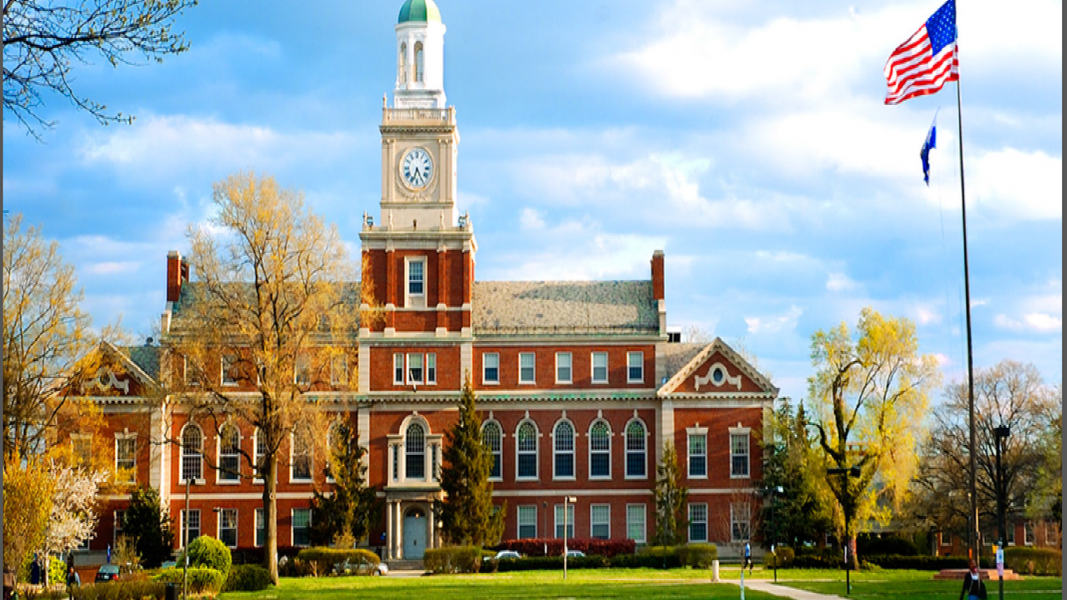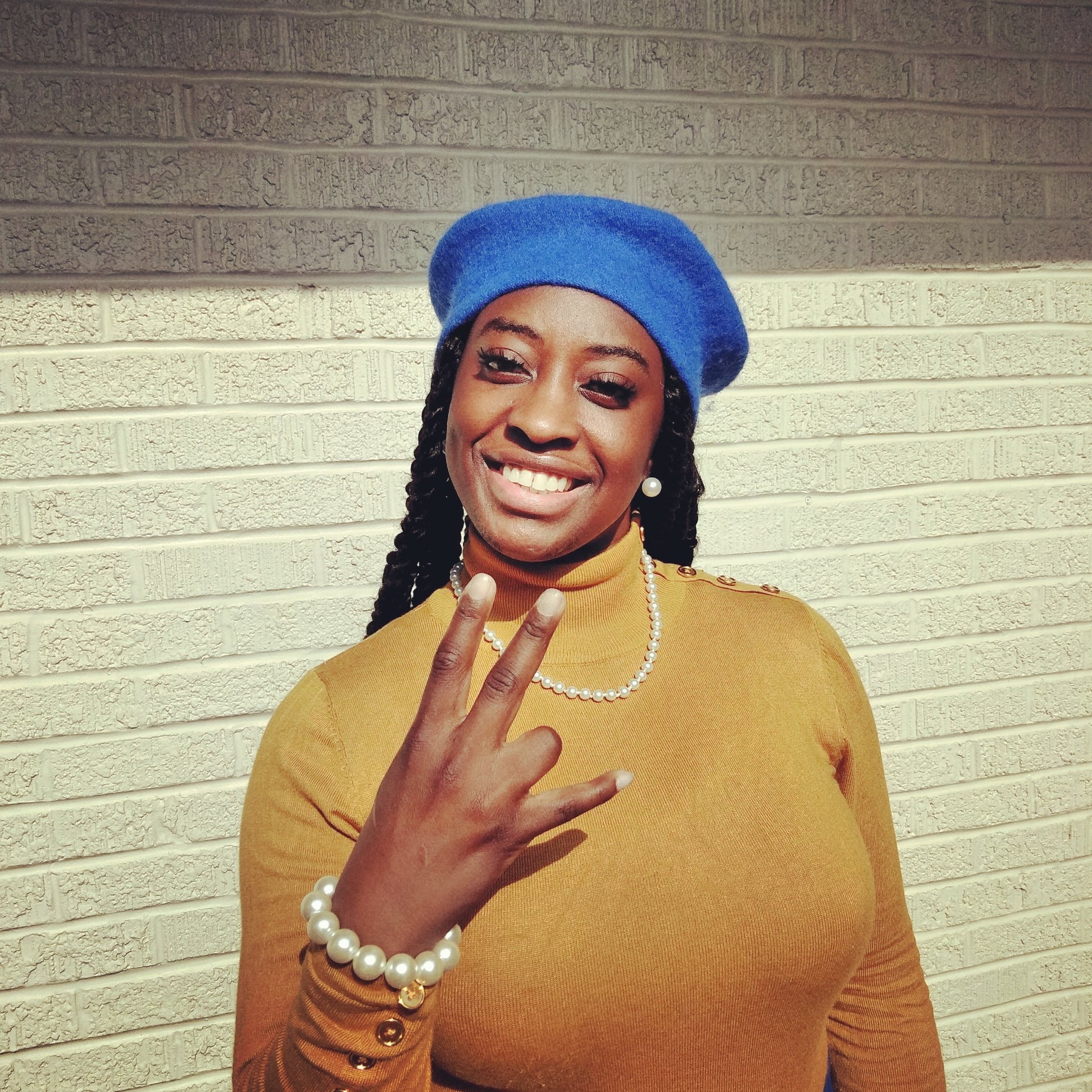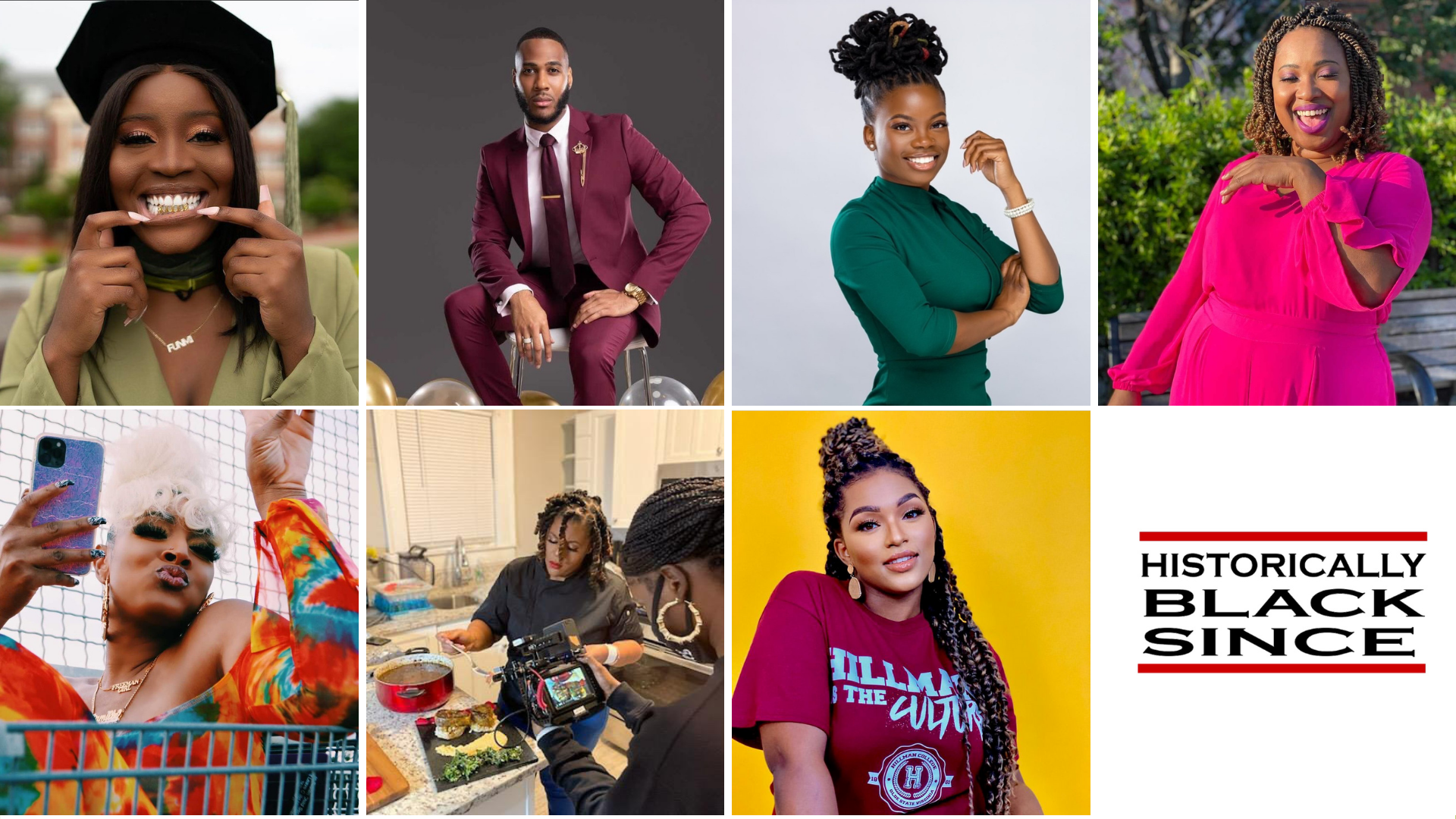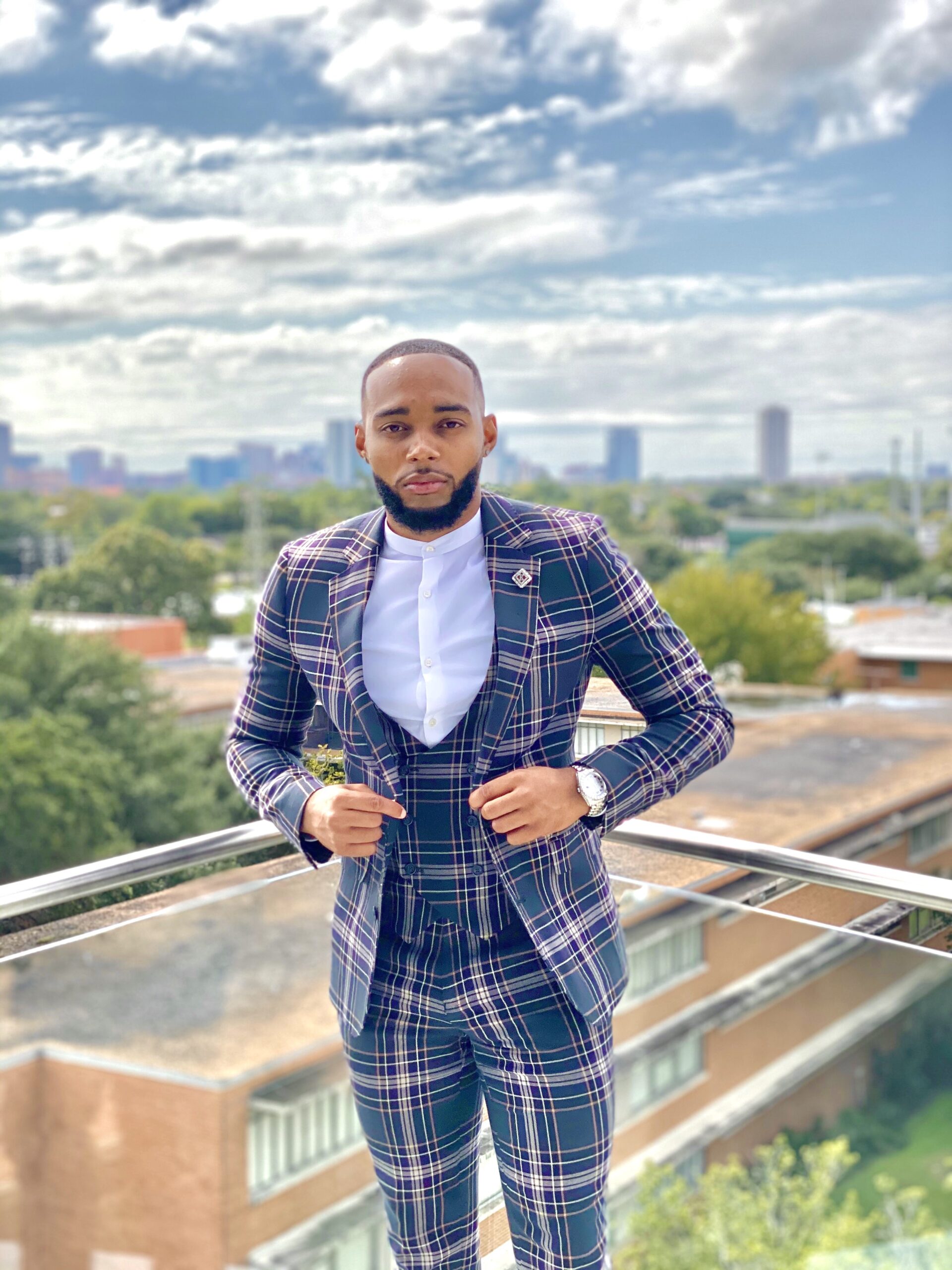Last week, Howard University became the first HBCU to partake in the exceptional borrowing binge in U.S markets when it completes the expected sale of a bond worth $215 million. American campuses have been actively participating, with over| 100 of them selling bonds worth $27 billion this year. However, the historically Black colleges and universities (HBCUs) have accounted for 0.5% of the total amount, which is equivalent to $147 million. And that came from a contract that Howard, founded in Washington in 1867, conducted in February. The rest of at least 100 HBCUs in the country have not been considered. By various measures, the cards are fixed against Black organizations. They incline to attend to students with lower income, therefore making their endowments smaller and degrading their balance sheets. This practice, to an, extend, limits potential buyers of bonds. No Black institute makes it in the top-100 wealthiest colleges in the state.
According to the 2018 report by the United States accountability office, HBCUs typically offer $15,000 a student in grant, while that of the non-HBCU institutions is $410,000. With a few months to the bond-market rebound coordinated by the Federal Reserve and the Michael Marsh, Howard’s chief financial officer has confidence in the investor’s capacity to purchase the school’s debt. Due to the outbreak of the COVID -19 pandemic, Mr. Masch was forced to hold on the sale in March. The epidemic led to the temporary seizure of the bond market, and its revival has ever been expected.
In an interview, Mr. Masch said, “There was just no market to go to. We just folded our tents and faded back into the night and waited until there would be a settling down of the credit markets.” The sale will mark the first debt to be offered by an HBCU from the time George Floyd was killed by police, on May 25, an incident that triggered mass protests against racism and inequality in the United States. Bond analysts say that increased focus on such issues may lure more purchasers, pushing down the interest rate for Howard University.
However, that will have a little impact on addressing the financial crisis faced by HBCUs. Emily wadhwani, a specialist for Fitch Ratings, said that serving an unrepresented group meant to chip in more tuition for students with lower income. Their donations are as mall as half of the white school’s endowment, as per the report issued by the GAO in 2018. The summation of the 101 HBCUs donation is about $3.86 billion. According to the United Negro College Fund’s report, this amount is just a tenth of Harvard University’s contribution.
This monetary representation is not one that’s rewarded by Wall Street. Therefore, a top-tier HBCU like Howard claims a little investment-grade credit ranking, despite receiving over $200 million support yearly from the national government. Most of the colleges that tapped the muni market since March have earned the highest rating rank. For lower-rated givers, it is costly to, borrow since shareholders require higher profits to cater to riskier bonds owned. According to a 2018 academic report, it was found that they pay higher prices compared to other colleges, even if they account for credit quality, size, and maturity of the deal.
Bill Mayew, one of the 2018 report authors, said that two years down the line, such bias still occurs though he’s yet to do an updated investigation. He further said that there is no need to suspect differences in the market’s operations. Although not always, their incomes at hand from cash endowments or through a foundation are often smaller than those of their peers,” said Fitch’s Ms. Wadhwani, the higher education credits analyst. “Their ways of fundraising and the duration taken reveal that they are weaker than their greater peers.”The Howard contract has necessary ratings slightly above junk by S&P Global Ratings and Fitch. The chargeable donation is planned to price Thursday at a negotiated sale led by Loop capital markets and Barclays. It is anticipated that the bonds will carry Guaranteed Guaranty Municipal Corp. insurance. Profits will account for the refinance of debt sold in the year 2011.
Howard has given over 100,000 degrees. The university comprises of 13 schools and colleges and holds a prominent study library for African-American history. Notable graduates of Howard University include:Supreme Court Justice Thurgood Marshall, California Sen. Kamala Harris, and novelist Toni Morrison. During national insights on racial disparity, Howard’s bond sale timing is perceived to attract more and new buyers of the bonds. Most clients have shown interest in investing in minority societies, said the head of the impact strategy at RBC Global Asset Management, Ron Homer. The portfolio manager at Alliance Bernstein, Eric Glass, said “Investing in Historically Black College and universities (HBCUs) checks the boxes for impact investment strategies. “In my point of view, there is no better public investment in the education system. “Besides, Mr. Glass said that he partook in Howard’s sale in February, but received a smaller portion than he expected, due to oversubscription.
According to Michael Lomax, the president and chief executive at United Negro College Fund said that interest is being reflected in fundraising, where Historically Black Colleges and Universities have generally lagged. In June, Patty Quillan, and the Netflix CEO Reed Hastings contributed $120 million to the Spelman College, UNCF, and Morehouse College, marking the most significant individual scholarship that has ever been made HBCUs. Public financing for Historically Black colleges and Universities has got increased support even amidst other pandemic-induced expenditure cuts. In Florida, Gov. Ron DeSantis put aside $123 million for the historically Black institutions in the country, among them $17 million for Bethune-Cookman University, which has been dealing with enormous financial problems. HBCUs, on the other hand, received $577 million from the federal incentive package in April.
Netflix’s endowment is a breakthrough. However, it needs more than a one-time contribution to develop these schools said, Mr. Lomax. “This community has received substantial donations, but is mostly talking about not receiving the same level of charity as their white peers. “However, the Howard sale seems not to prelude to a Historically Black College and University bond prosperity. So far, there are no new such contracts on the calendar. Howard plans to return to the market this year. Mr., Masch said that it would be the first money issuance since 2011 to support a steam distribution center.
As the market favor debtors, HBCUs lack the financial profile to join the market and benefit like other wealthier institutions. “If you have much cash around and an appealing strong income portfolio which does not depend on tuition, you will be favored in the bond markets,” said Mr. Masch. Additionally, he said, “It is more advantageous if you have the money.”




